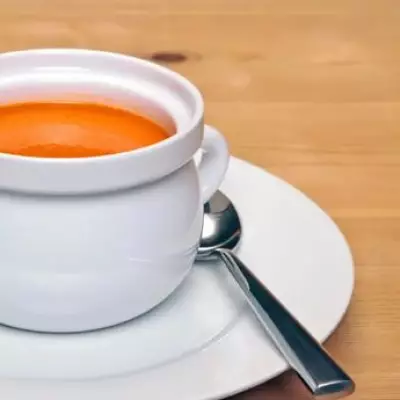
An NHS doctor has issued an urgent health warning about a popular budget sweet that could be putting consumers at risk. Dr Amir Khan, a well-respected GP and television personality, is sounding the alarm about certain 5p sweets containing a controversial ingredient that's been banned in several European countries.
The Hidden Danger in Your Sweet Jar
Dr Khan specifically highlighted the potential risks associated with titanium dioxide (E171), a whitening agent commonly found in budget-friendly sweets and confectionery. This additive gives products their bright white colour but has raised significant health concerns among medical professionals.
"Many people don't realise what they're consuming when they reach for these cheap sweets," Dr Khan explained. "The ingredient in question, titanium dioxide, has been linked to potential health issues that consumers should be aware of."
Why You Should Check Your Sweets
The European Food Safety Authority has already banned titanium dioxide from food products across EU nations, citing concerns about genotoxicity - the ability to damage DNA. Despite this, the ingredient remains legal in the UK, leaving consumers potentially exposed.
Dr Khan emphasised the particular risk to children, who are more likely to consume these brightly coloured sweets regularly. "Parents should be especially vigilant about checking ingredients," he warned.
What to Look For on Labels
- Titanium dioxide - the chemical name
- E171 - the European food additive code
- Colour E171 - sometimes listed this way
- Any mention of whitening agents or opacifiers
The Bigger Picture
This warning comes amid growing concern about food additives and their long-term health impacts. Dr Khan's intervention highlights the ongoing debate about food safety standards post-Brexit and whether the UK should align with European safety regulations.
"Consumers have the right to know what's in their food and make informed choices," Dr Khan stated. "While more research is needed, the precautionary principle suggests we should be cautious about consuming substances that other countries have deemed unsafe."
Protecting Your Family
Medical experts recommend taking these simple steps to reduce exposure:
- Always read ingredient labels carefully, especially on brightly coloured sweets
- Choose natural alternatives when possible
- Limit consumption of heavily processed confectionery
- Opt for sweets coloured with natural ingredients like fruit and vegetable extracts
Dr Khan's warning serves as an important reminder that cheap price tags don't always reflect the true cost to our health. As consumers become more educated about what they're eating, pressure grows on manufacturers to find safer alternatives to controversial additives.





